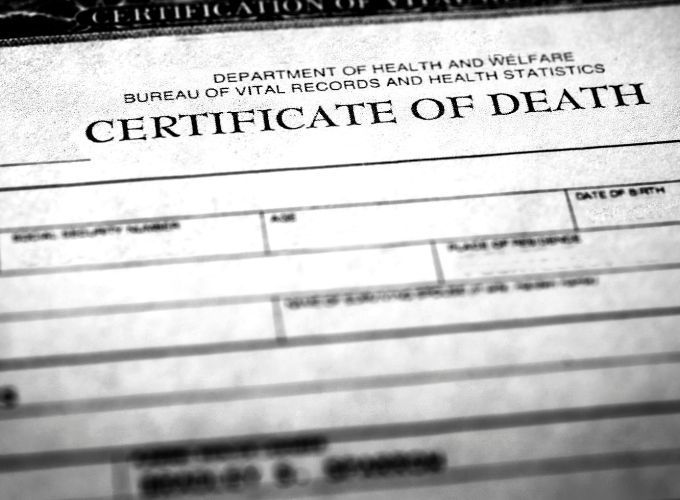Articles Of Interest
Being Supportive During Times of Grief

Losing a loved one is one of life’s most difficult experiences, yet one that all of us must eventually face. It can be equally difficult to be the friend of someone who is grieving—you want to help but are afraid of intruding, saying the wrong thing or making the person feel even worse. Often times, friends feel there’s nothing they can do to make things any better for those coping with a loss. It is true that you cannot take away the pain, but you certainly can provide comfort and support. Just letting your loved ones know that you care and that you are ready, willing and able to do what is needed can make the difference in someone’s outlook. We offer some practical advice on how to help someone who is grieving. I wasn’t able to attend the funeral. Is it OK to visit several days later? Bereavement is a long process. The healing provided by family and friends is not just limited to the immediate funeral services. Our lives have become so busy that not everyone is able to attend the services, but don’t let that stop you from making time to visit later on. Call ahead to make sure that it’s a convenient time. Be considerate and limit the length of your visit. How do I know if they want visitors or just want to be alone? The best way to know is to simply ask if they would like visitors. When inquiring about a visit, let them know that you understand this can be a difficult time and you want be considerate of their needs. Reassure them that it’s OK to say no. If they are not up for visitors now, call periodically to offer to visit. If they continually decline your offers, respectfully accept this. Don’t be pushy. What should I say to them? It is common to feel awkward when trying to comfort someone who is grieving. Many people do not know what to say or do. The American Cancer Society offers these suggestions to use as a guideline when struggling with how to start that difficult conversation.
- Acknowledge the situation.
- Express your concern.
- Be genuine in your communication and don't hide your feelings
- Ask how he or she feels, and don't assume you know how the bereaved person feels on any given day.
Are there things I should avoid talking about?
While you should never force someone to talk about anything that makes them uncomfortable, remember that it is important for the bereaved to talk about their loved one and remember them to others. The best thing you can to is to be a compassionate listener. Let the grieving person talk about how their loved one died. Acknowledge their feelings and offer reassurance without minimizing their loss. Most importantly, be willing to sit with them in silence.
I’ve offered to help, but they haven’t asked for assistance. What should I do?
Remember that people don’t always like to ask for help; especially during a time of grief they might feel afraid, too depressed or not motivated enough to ask. Make a concerted effort to offer specific assistance with everyday tasks. By being proactive, you make it easier for the individual to accept your offer.
What type of things should I offer to help with?
Offer practical assistance that will either help them handle everyday chore or provide an outlet to help deal with their grief.
- Shop for groceries or run errands
- Help with housework and laundry
- Babysit or shuttle children to school events and activities
- Attend a support group or meeting with them
- Take them on a walk
- Enjoy lunch or a movie together
- Suggest activities to share that will help shift the person’s thoughts to something else
How long should I continue to offer help?
A person’s grief continues long after the funeral is over and the hustle and bustle of surrounding family is gone. There is no exact length of time for grieving, and all of us struggle with our emotions for varying amounts of time. To be the most help, prepare to provide ongoing support so that the person knows someone is there for them after the sympathy cards and flowers have stopped arriving. Remember to offer extra support on special days—holidays, anniversaries, etc.
How do I know if their behavior is a normal part of grieving?
We need to allow mourners to move through the grieving process at their own pace, but it is important to watch for warning signs that may indicate that a person is not accepting the loss or is moving into a more serious problem such as clinical depression.
If it has been more than two months since the loss, and the person is still experiencing symptoms such as difficulty functioning in daily life, extreme bitterness or hopeless, alcohol or drug use or neglecting personal hygiene among others, it may be time to encourage them to seek professional help in order to regain control of their life.











